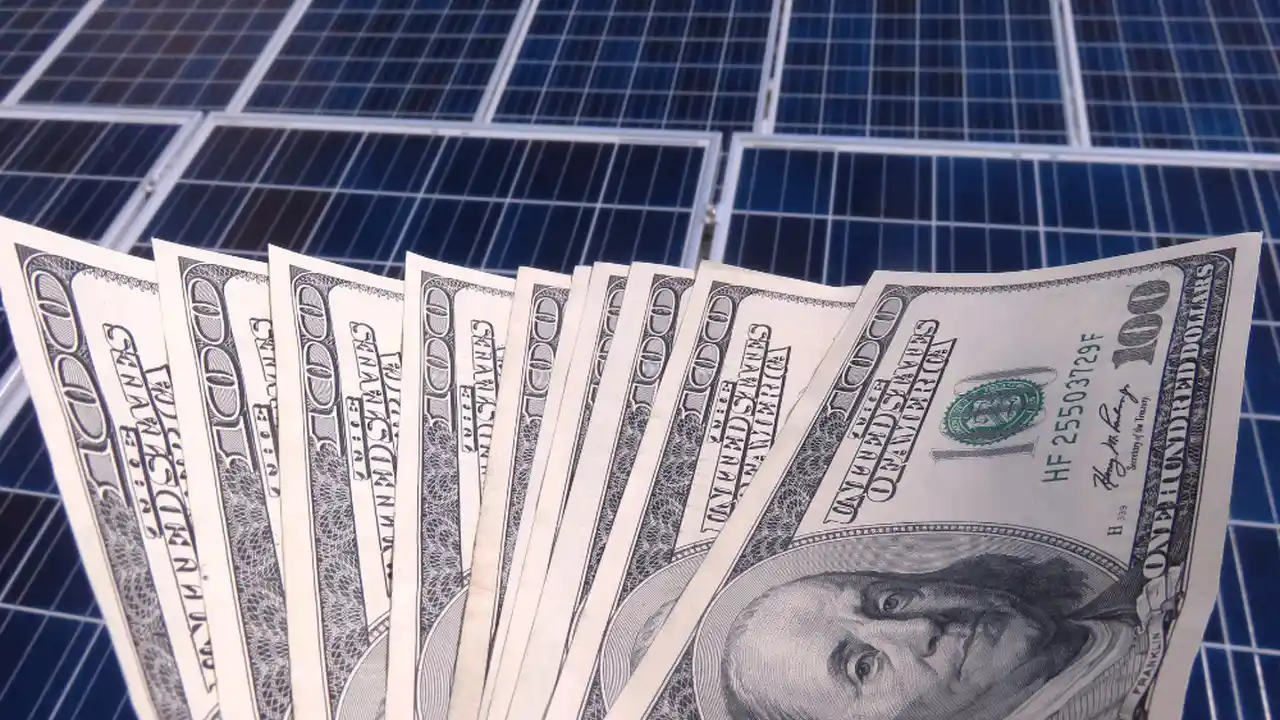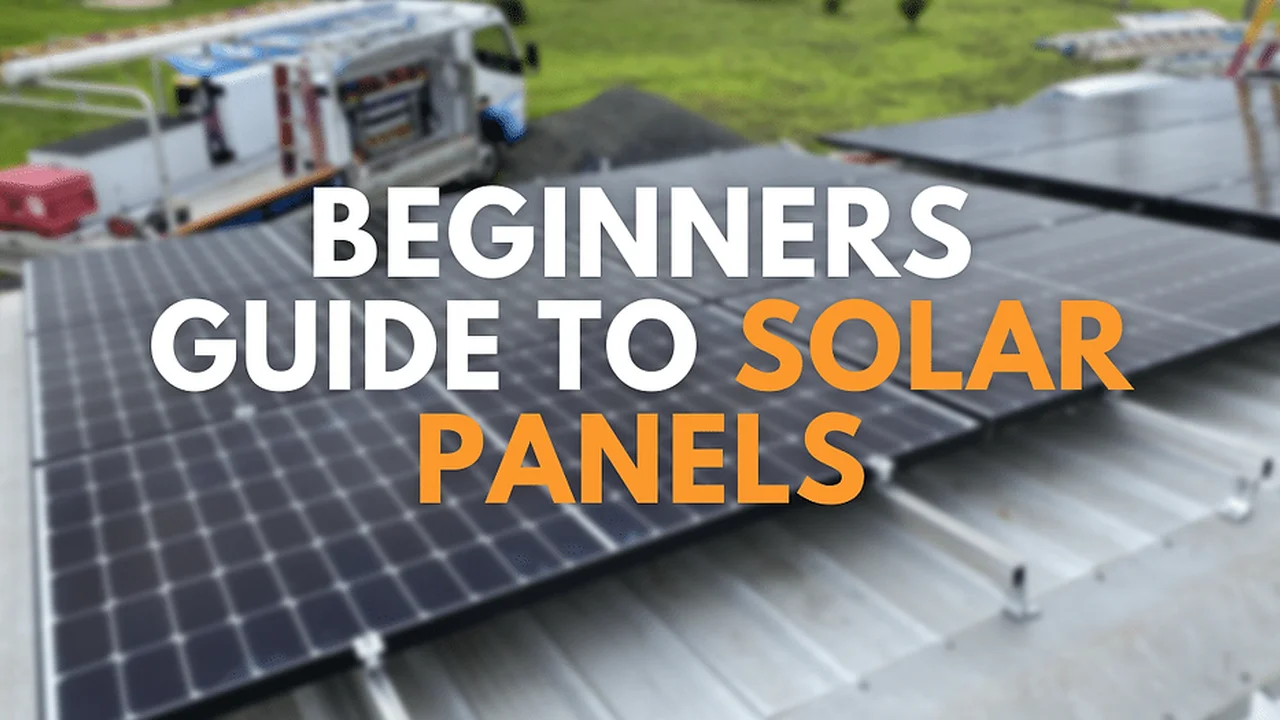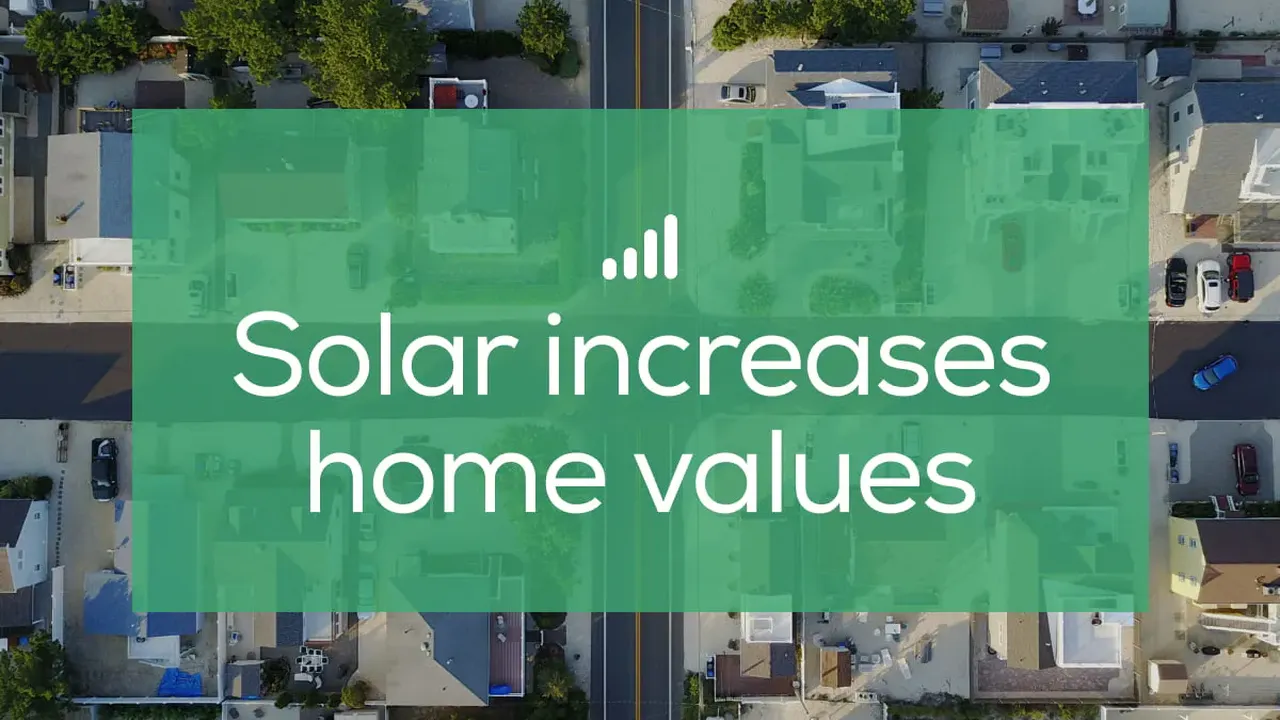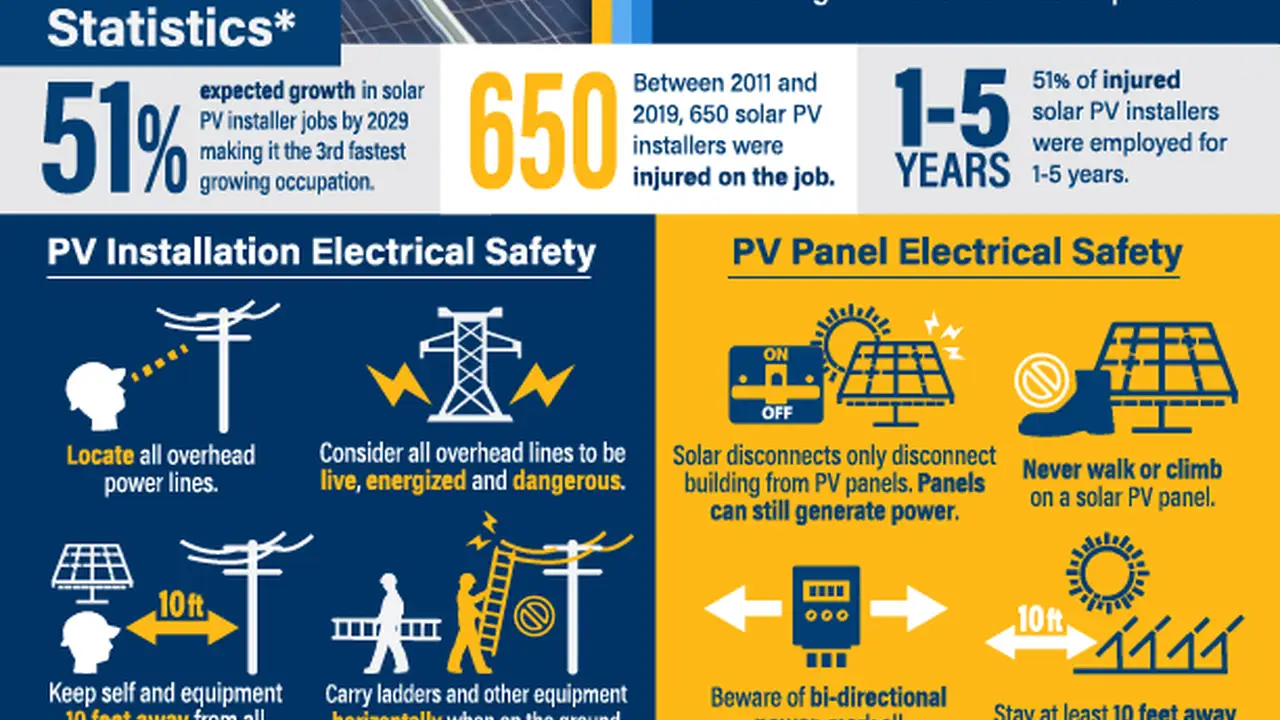7 Best Solar Panel Installation Companies in 2024
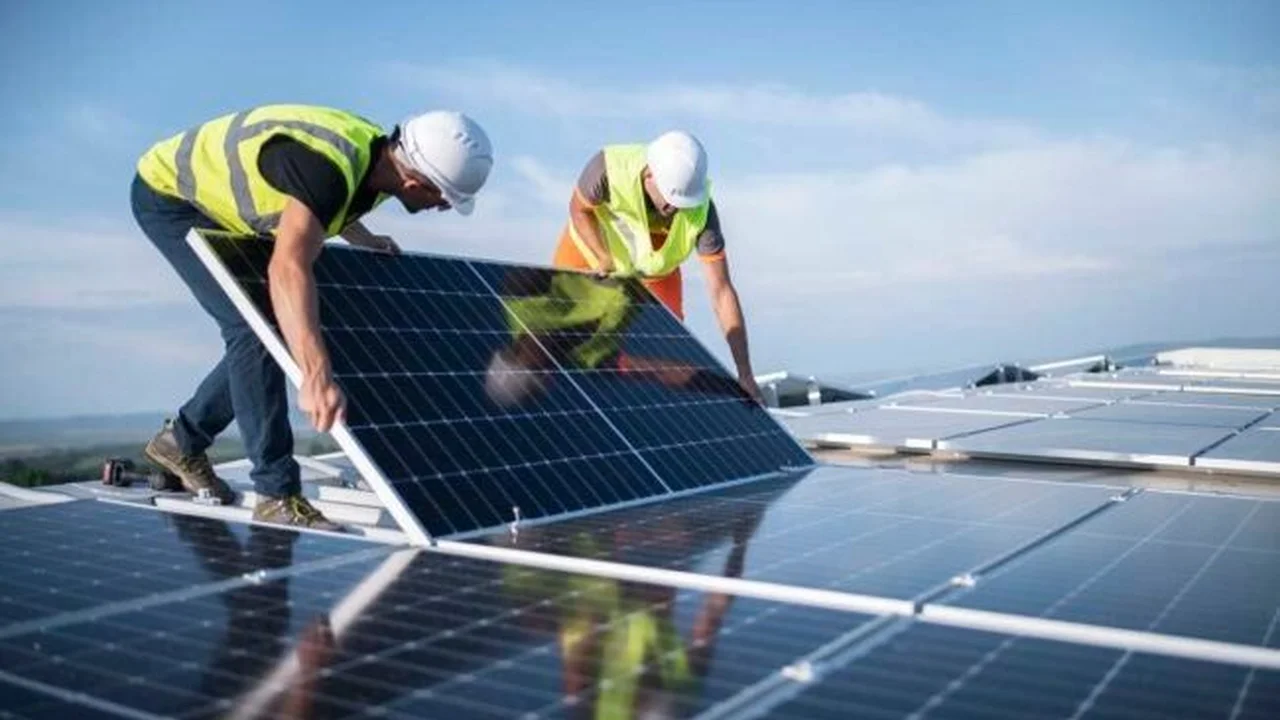
Finding the Right Solar Panel Installer for Your Home in 2024
So, you're thinking about going solar? Awesome! Lower electricity bills, a smaller carbon footprint – what's not to love? But before you jump in, you need someone to actually install those shiny new panels. That's where solar panel installation companies come in. But with so many options out there, how do you pick the best one? Don't worry, we've done the homework for you. We've researched, compared, and vetted installers across the country to bring you our top 7 picks for 2024.
Top Solar Panel Installation Companies: Our 2024 Recommendations
These companies were chosen based on factors like reputation, experience, customer reviews, warranty options, financing availability, and the range of services they offer. We've also considered their geographic coverage. Remember to always get multiple quotes and do your own due diligence before making a final decision!
1. SunPower: Premium Solar Panel Installation and Technology Leader
SunPower isn't just an installer; they're a manufacturer too. They make some of the most efficient and durable solar panels on the market. Their installation services are top-notch, and they offer comprehensive warranties. Think of them as the Mercedes-Benz of solar. They use proprietary technology and have a highly trained network of installers. One thing to note: SunPower generally comes with a higher price tag.
Pros: Highest efficiency panels, excellent warranties, comprehensive service.
Cons: Most expensive option.
2. Tesla Solar: Affordable Solar Panel Installation with a Tech Focus
Tesla is known for their electric vehicles, but they also offer solar panels and solar roof tiles. Their solar panels are generally more affordable than SunPower's, and they offer a streamlined online ordering process. Tesla is a good option if you're looking for a modern, tech-forward experience. They also offer the Powerwall battery system, which is a great way to store excess solar energy.
Pros: Competitive pricing, innovative technology, integration with Powerwall.
Cons: Customer service can be inconsistent, installation timelines can be longer.
3. ADT Solar: Solar Panel Installation with Security System Integration
ADT is a well-known name in home security, and they've expanded into solar panel installation. This is a great option if you're looking to bundle your solar installation with a home security system. They offer a wide range of financing options and warranties.
Pros: Bundled security system options, wide financing availability, strong reputation.
Cons: May not be the cheapest option, solar expertise is newer compared to other companies.
4. Blue Raven Solar: Fast Solar Panel Installation and Customer Satisfaction
Blue Raven Solar is known for their fast installation times and focus on customer satisfaction. They offer a variety of financing options and are available in many states. They have a good reputation for communication and responsiveness.
Pros: Fast installation, excellent customer service, good financing options.
Cons: Not available in all states.
5. Momentum Solar: Full-Service Solar Panel Installation Provider
Momentum Solar is a full-service provider, meaning they handle everything from design and permitting to installation and monitoring. They offer a variety of panel options and financing plans. They are known for their aggressive sales tactics, so be sure to compare quotes carefully.
Pros: Full-service provider, wide range of panel options, comprehensive warranties.
Cons: Aggressive sales tactics, some customer service concerns.
6. Palmetto Solar: Simplified Solar Panel Installation Process
Palmetto Solar aims to simplify the solar panel installation process with their online platform. They connect homeowners with local installers and offer a range of financing options. They offer a more hands-off approach, allowing you to compare quotes and manage the project online.
Pros: Simplified online platform, competitive pricing, access to local installers.
Cons: Less personal interaction, reliance on local installer quality.
7. Sunrun: Solar Panel Installation with a Subscription Model
Sunrun offers a unique subscription model where you pay a monthly fee for your solar panels instead of purchasing them outright. This can be a good option if you don't want to deal with the upfront costs of solar panel installation. They also offer traditional purchase options.
Pros: Subscription option, no upfront costs, comprehensive monitoring.
Cons: You don't own the panels, long-term cost may be higher.
Choosing the Right Solar Panels: Product Recommendations and Comparisons
Okay, so you've got your installer lined up. Now let's talk about the actual solar panels. Here are a few popular options and how they stack up:
High-Efficiency Solar Panels: SunPower Maxeon Series
Description: These are the top-of-the-line panels, boasting the highest efficiency on the market (around 22-23%). They're also incredibly durable and come with a 25-year warranty covering power output, product defects, and even labor. Think of these as the workhorse of the solar world. You'll generate more power in a smaller space. Typical Use Cases: Homes with limited roof space, homeowners looking to maximize energy production. Price: Expect to pay a premium – typically $3.50 - $4.50 per watt.
Mid-Range Solar Panels: Panasonic EverVolt Series
Description: Panasonic offers a good balance of performance and price. Their EverVolt series panels offer good efficiency (around 20-21%) and a solid 25-year warranty. Typical Use Cases: Most residential installations, homeowners looking for a reliable and cost-effective option. Price: Generally priced around $2.80 - $3.50 per watt.
Budget-Friendly Solar Panels: REC Group Alpha Series
Description: REC Group panels are a more affordable option without sacrificing too much performance. They offer decent efficiency (around 19-20%) and a 25-year warranty. Typical Use Cases: Homeowners on a budget, larger installations where cost is a major factor. Price: Typically priced around $2.50 - $3.00 per watt.
Understanding Solar Panel Costs: Installation and Beyond
The cost of solar panel installation can vary depending on several factors, including the size of your system, the type of panels you choose, and the complexity of the installation. Here's a breakdown:
Solar Panel System Size and Cost: How Many Panels Do You Need?
The size of your solar panel system will depend on your energy consumption. A typical home might need a 5kW to 10kW system. The larger the system, the more panels you'll need, and the higher the cost will be.
Installation Labor Costs: Permitting, Wiring, and Mounting
Labor costs can vary depending on the installer and the complexity of the installation. Factors like roof type, accessibility, and electrical work can all affect the price.
Inverter Costs: String Inverters vs. Microinverters
The inverter converts the DC electricity produced by your solar panels into AC electricity that your home can use. String inverters are a more traditional option, while microinverters are installed on each individual panel. Microinverters generally cost more but offer better performance and monitoring capabilities.
Additional Costs: Permits, Inspections, and Monitoring
Don't forget to factor in additional costs like permits, inspections, and ongoing monitoring fees. These can add up to a significant amount.
Financing Options for Solar Panel Installation: Loans, Leases, and PPAs
Solar panel installation can be a significant investment, but there are several financing options available to help make it more affordable:
Solar Loans: Owning Your Solar System
A solar loan allows you to borrow money to purchase your solar panel system. You'll own the system outright and be able to take advantage of tax credits and rebates.
Solar Leases: Renting Your Solar System
With a solar lease, you're essentially renting the solar panel system from a third-party company. You'll pay a monthly fee for the electricity generated by the panels.
Power Purchase Agreements (PPAs): Paying for the Power You Use
A PPA is similar to a lease, but instead of paying a fixed monthly fee, you'll pay for the electricity you actually use at a predetermined rate.
Solar Panel Installation: DIY vs. Professional Installation
While it's possible to install solar panels yourself, it's generally recommended to hire a professional installer. Solar panel installation can be complex and dangerous, and you'll need to be familiar with electrical wiring and building codes. Professional installers also offer warranties and guarantees on their work.
The Future of Solar Panel Installation: Emerging Technologies and Trends
The solar industry is constantly evolving, with new technologies and trends emerging all the time. Here are a few things to watch out for:
Solar Roof Tiles: Integrating Solar into Your Roof
Solar roof tiles are a more aesthetically pleasing alternative to traditional solar panels. They integrate seamlessly into your roof and can provide a more subtle look.
Energy Storage: Batteries and Smart Homes
Energy storage systems, like the Tesla Powerwall, allow you to store excess solar energy and use it when the sun isn't shining. This can help you become more energy independent and reduce your reliance on the grid.
Smart Home Integration: Controlling Your Energy Usage
Smart home technology can help you monitor and control your energy usage, allowing you to optimize your solar panel system and save even more money.
:max_bytes(150000):strip_icc()/277019-baked-pork-chops-with-cream-of-mushroom-soup-DDMFS-beauty-4x3-BG-7505-5762b731cf30447d9cbbbbbf387beafa.jpg)



